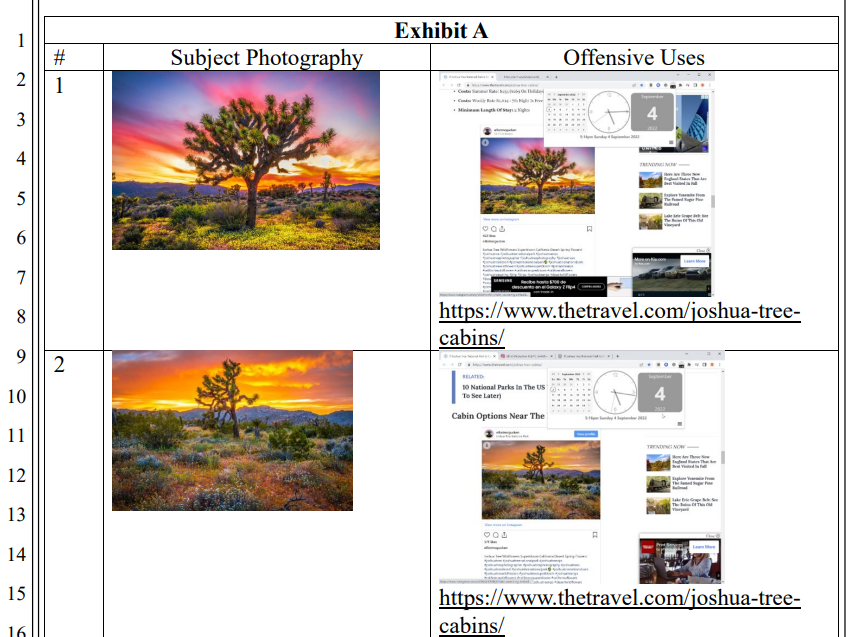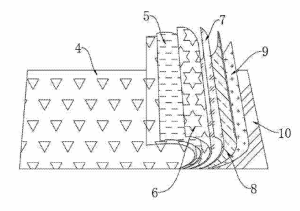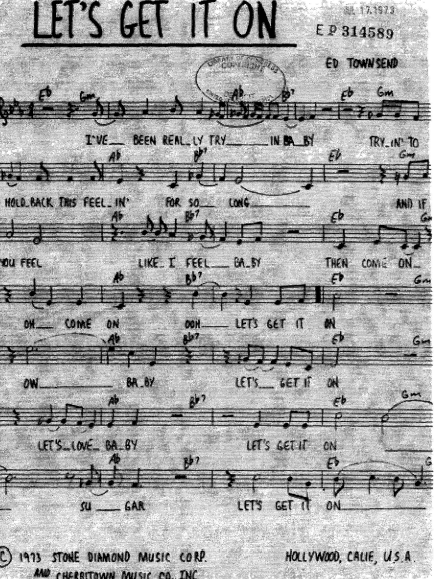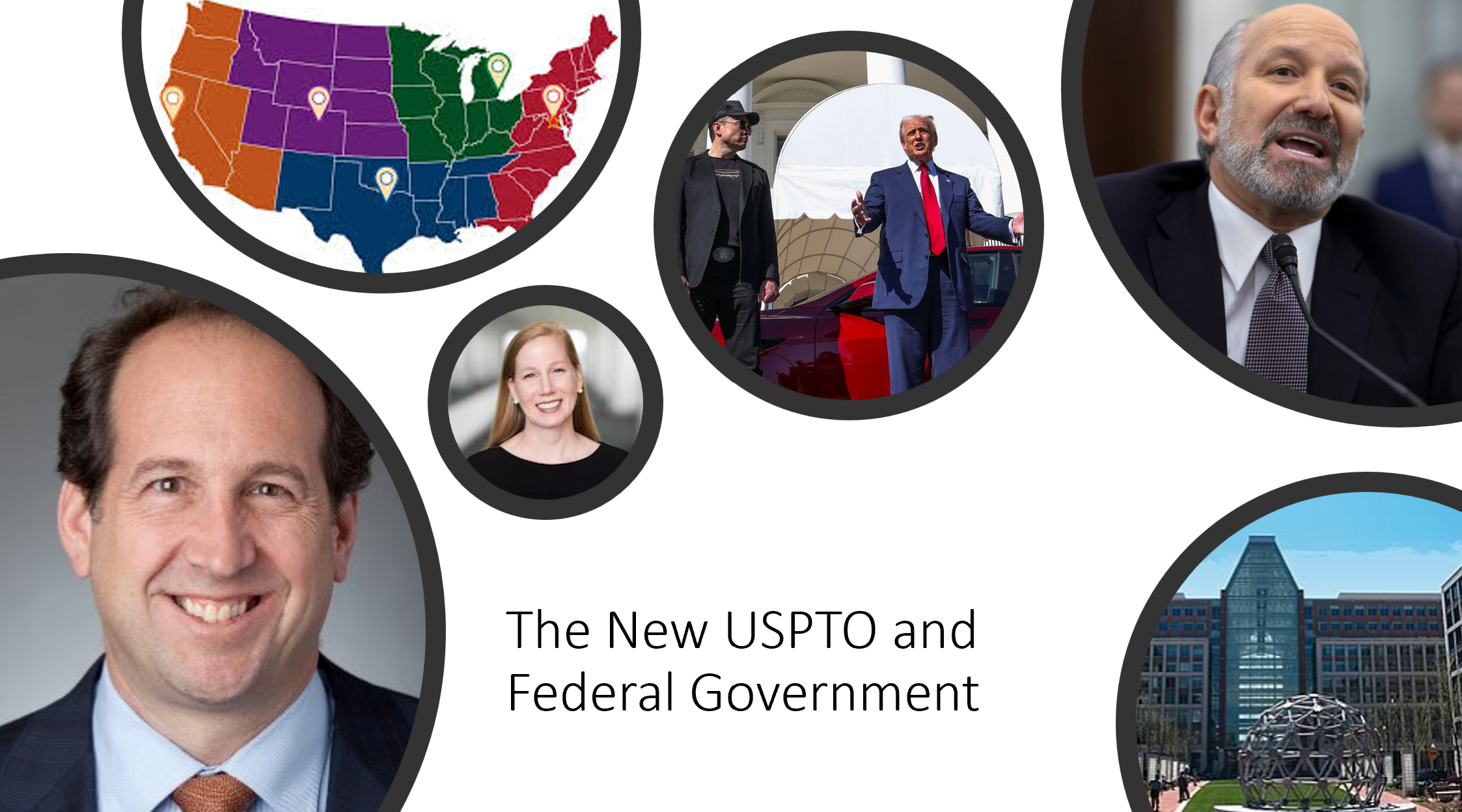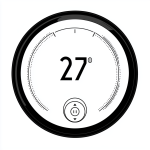In a decision newly designated as "informative" by the USPTO, the Patent Trial and Appeal Board (PTAB) provided important guidance on the procedural requirements for inter partes review (IPR) petitions, particularly consistency between IPR proceedings and parallel litigation.
Cambridge Mobile Telematics, Inc. v. Sfara, Inc., IPR2024-00952, Paper 12 (P.T.A.B. Dec. 13, 2024).
In its decision, the Board exercised discretion to deny the petition because the petitioner failed to properly address claim construction, particularly whether the claim terms were means-plus-function under 35 U.S.C. §112(f). The petitioner had argued in related district court litigation that certain "component" terms (e.g., "mode-determining component," "first detecting component") were means-plus-function terms and thus indefinite due to lack of corresponding structure. However, in the IPR petition, the petitioner adopted a contradictory position—arguing that no explicit construction was needed and applying plain and ordinary meaning.
The PTAB found this contradictory position problematic because the petitioner had emphasized in district court proceedings that the classification as means-plus-function terms was "case-dispositive." The Board concluded the petitioner violated 37 C.F.R. §42.104(b)(3) by failing either to provide constructions explicitly, identify structure, or adequately justify its contradictory positions. Thus, the majority denied institution under 35 U.S.C. §314(a) due to procedural deficiencies in the petition.
The press bulletin release from the USPTO states:
In this decision denying institution, the Board addresses circumstances in which a petitioner argues in district court that a claim limitation should be construed as means-plus-function and argues in a petition for inter partes review that the PTAB should construe the same limitation using the plain and ordinary meaning. The majority opinion determines that the petition should, at a minimum, explain why the different positions are warranted or, alternatively, set forth a means-plus-function construction for the limitation.
Link.
Here, the denial was based on dual issues of (1) failure to discuss the MPF interpretation; and (2) clear contradiction with statements in the district court. Without the contradiction, I expect the panel would likely have been more lenient - especially in a situation like this where the claims do not use the word "means." Likewise, had Cambridge Mobile acknowledged their district court position and provided some explanation for using plain meaning in the IPR context, the outcome might have been different, as the Board seems more concerned with the unexplained strategic inconsistency rather than the mere absence of MPF analysis.
